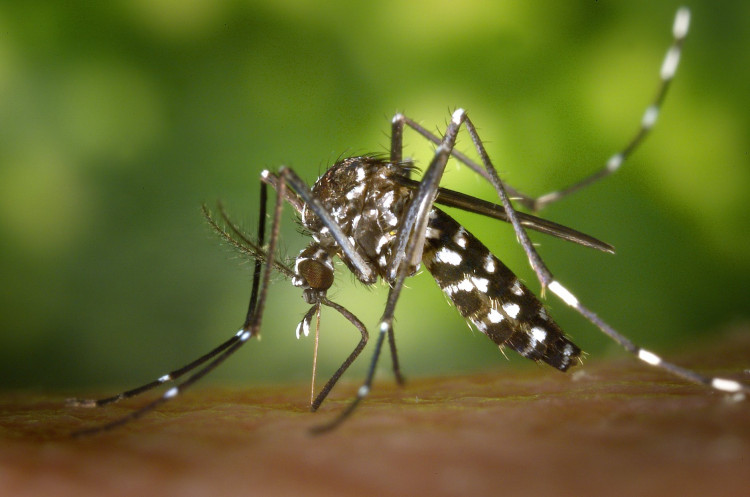Just recently, the world lost its first glacier due to climate change. The demise of the glacier named Okjökull in Iceland was considered "a serious matter" by many as it marks the first death of a glacier in the world. Even the researchers from Rice University in Houston acknowledge what happened and is willing to memorialize the glacier with a plaque.
The effects of global warming and climate change aren't all just that. Morgan Stanley analysts say the impact of these phenomena can also include an increase of infection risks to over one billion people around the globe, as reported by CNBC.
"Warmer temperatures are likely to create more hospitable environments for disease transmission to occur," according to the report. These diseases include dengue, Zika, and yellow fever.
According to the firm's estimate, by 2050, about 385-725 million people could be infected with the said diseases. And by 2080, the digits will rise to 1 billion. Furthermore, Morgan Stanley shares the countries that will be most affected by the diseases is in Europe.
Meanwhile, the risk for these diseases is already currently evident in other countries. According to the World Health Organization, about five years ago, the number of countries that have been conquered by the dengue virus is only nine. Nowadays, there are already 100 countries where the species of mosquito Aedes aegypti, which is also known to be a carrier of the virus, according to WebMD, can be found.
The experts are considering the factors such as increased rainfall, urbanization, and accommodative climates, as the reasons for the increase and higher risks of dengue virus. Though first-world countries have always been able to eradicate or control the spread of the said virus completely, other countries are still working their best to manage this problem because of lack of funds.
Furthermore, it is not just the people's health that is going to be much affected by climate change. The firm also emphasized how the pharmaceutical market will also get affected by the phenomenon.
Morgan Stanley analysts claim that as risks for diseases increase, the need for medicines, treatments, and vaccines will surely increase too. Thus would create a greater opportunity for pharmaceutical companies such as Pfizer and Johnson & Johnson to benefit from the situation and earn more profit.
Unfortunately, with an increase of need also comes an increase in expenses for every household. That's why it is better for governments to anticipate this probability already and would already consider allotting more budgets for their vaccination programs in the future.






